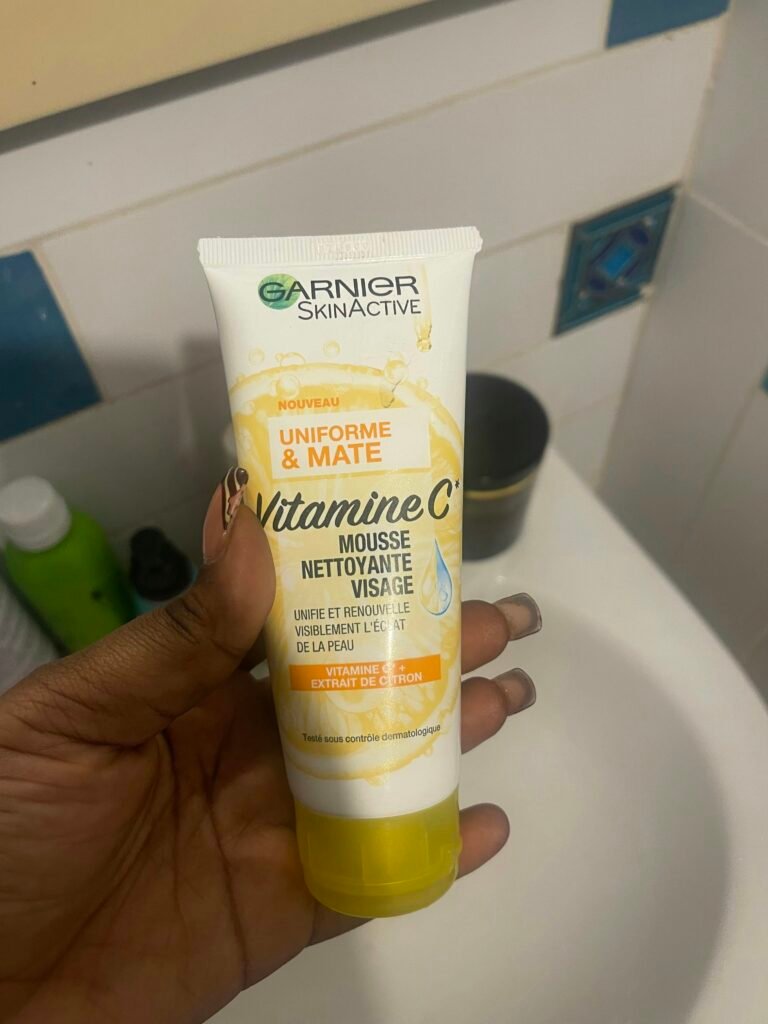Extreme heat is serious and staying well-hydrated is essential.
Now Reading: Stay well this summer – Our Canberra
- 01
Stay well this summer – Our Canberra

Stay well this summer – Our Canberra

From sunburn to salmonella, hot weather can present a range of health concerns.
Seek medical assistance if you or someone you know becomes unwell.
Beat the heat
Signs of heat exhaustion include nausea and vomiting, dizziness, fainting, and headaches. During periods of extreme heat, be sure to:
- wear sunscreen and a hat
- stay out of the sun between 11am and 3pm
- keep hydrated by drinking plenty of water. Talk to your GP about how much water you should drink in hot weather if they normally limit your fluid intake.
- pack a drink bottle and remember there are water refill stations in public places like shopping centres and parks
- head indoors where there is air conditioning. ACT libraries offer a great place to escape the heat while also keeping young ones entertained
- check in with friends and family.
Some people are at higher risk of heat-related illness – such as babies and young children, those who are older, pregnant or have medical conditions and people who work outdoors. And, of course, don’t forget to look out for your pets too.
If you’re at higher risk, talk to your GP about how to prepare for extreme heat.
Find more tips on the ACT Health website.
Keep aware of air quality
During the warmer months of the year, poor air quality can happen due to bushfire and grassfire smoke, dust storms and elevated pollen levels.
Some people are more sensitive to dust and smoke, including:
- people with a heart or lung condition
- people with diabetes
- babies and children
- older people,
- pregnant people
Prepare for this season by chatting to your GP to make sure your prescription medicines are up to date and to have an action plan in case your symptoms flare up.
It’s worth noting the ACT Government conducts several prescribed burns each year to manage fire risk across the region. Plan ahead and find out when prescribed burns are happening in your area or check the ESA website to see a list of active incidents. And if you see a fire unattended, call triple-zero (000).
Keep up to date on air quality in the ACT.
Protect against mosquito bites
To protect yourself against mosquito bites and reduce the risk of exposure to the diseases they may carry:
- cover up with a loose-fitting long-sleeved shirt, long pants and covered shoes when outside
- apply mosquito repellent and reapply it regularly
- take special care during peak mosquito biting hours (in the ACT most mosquitoes become active at dawn and dusk, and into the evening)
- remove potential mosquito breeding sites from around the home
- use flyscreens on windows and doors.
Learn more about mosquito risk and prevention.
Be mindful of food preparation and storage safety
The risk of food poisoning is higher in summer, as Canberrans entertain outdoors, attend barbecues away from home and enjoy festive leftovers.
Prevent illness by keeping hands and utensils clean, cooking foods, like meats, thoroughly and discarding food that has been left out for more than four hours.
Read ACT Health’s Summertime Food Safety fact sheet for more information.
Get ACT news and events delivered straight to your inbox, sign up to our email newsletter:
















